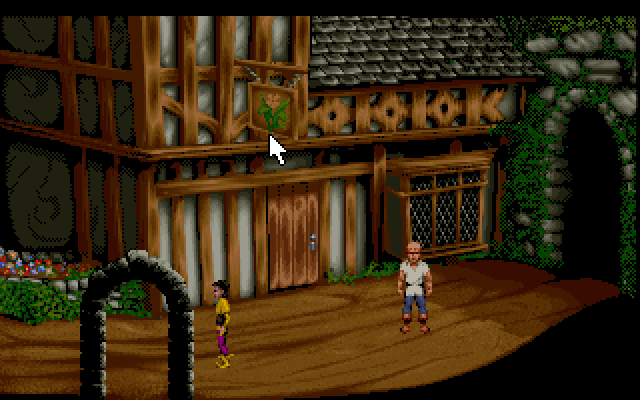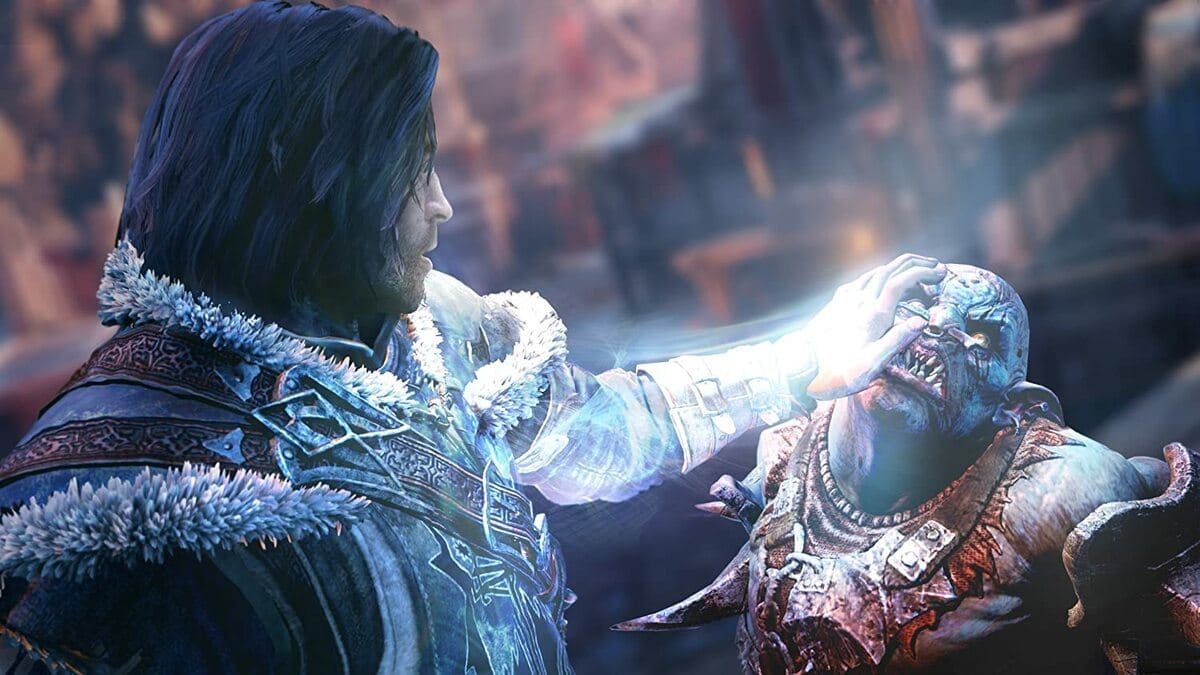Will the next game developer giants #buildinpublic? | Gamedev Dairy #53
Hacks for learning, productivity, having work-life-passion balance and finally game development!
TL;DR
We're standing on the shoulder of giants. Yes, but actually no.
What if games were made like some of the startups of our age?
Recommendations
Breaking news!
Question to you!
We're standing on the shoulder of giants. Yes, but actually no.
A friend of mine sometimes uses an argument when complaining:
Why does game X, published in 2022, doesn't have a feature that Y had 20 years ago?
said friend
My first reaction would always be "dude, chill out", but my second one is more worthy of sharing :-)
When you think of it, some very old games had some very impressive feats. Take Lure of the Temptress as an example.

This point & click implemented a time-of-day cycle, which made non-player characters live their lives and actually have a schedule for the day (I think they called it Virtual Theatre). You could miss them when you arrived at their store or something. It was as annoying as it was beautiful. And yet, many games afterward could, but did not implement such a feature. They often prefer to react to gamer actions only. Not all of them, but definitely most of them. Of course, such a feature is not mandatory for all games, But some games would benefit from it.
There may be many reasons for that. None of them include game developers' competencies, lack of goodwill, ambition, or anything. I think there is mostly one reason: game designers are control freaks, and adding an NPC-schedule feature would make their vision more complicated to finish, then test it and expect everything will work as planned.
There are many revolutionary features like that. They delight us, they give us wonderful experiences. They also build expectations from the next games. We do not stand on the shoulder of giants, we are expected to stand on them.
These giants, rarely share, or at least they rarely delve into such technicalities. Some of them do, and some of them are so afraid they'll lose the only thing that differentiates them on the market. So much they patent their solutions so that no one can even imitate their achievements.

Yes, I know you're reading, Warner Bros.!
What if games were made like some of the startups of our age?
Things did change in the case of expertise sharing.
We get game engines, people share their knowledge on social media, I don't count indies as they want to build hype around their games more than share technical competencies.
In the startup universe, a trend is rising called build in public. What is it about? Well, you share your code while building it. When you think about it at first it sounds scary. After all, they might rip you off ;-) After all, when referred to SaaSes, they even share UI.
If we decide to build a game in public and minimize the rip-off scenario by...
no sharing of graphics
no sharing of audio
no sharing of story scripts
What is left? Well, the code, of course. A gameplay prototype (with some free assets to launch and test). With the possibility of early feedback from interested gamers. You might say it's like early access, but then again early access is like publishing a game and pretending everyone will treat it like beta ;-) What I'm talking about is a game MVP.
Sharing the gameplay prototype would require the game to be much more than just the art style, sound, and script. It most definitely would not work for most game genres.
But perhaps it's worth it. Not only one can test his gameplay ideas, but he can also leave them for the next developers willing to learn from the same experience, and build upon it much easier and with already used features :-)
Few will walk this route, as I suppose no studio will.
What do you think?
And screw Warner Bros! Greedy bastards!
Recommendations
Breaking news!
Inside Twitter’s product roadmap under Musk
A new Vine camera is in. Notes and Revue are out
Apparently, not long after I decided to ditch Revue I learned Elon is ditching it. Talk about reflexes :D
Fortunately, I already moved archive issues to beehiiv, so they're safe. They're not accessible yet, but I'm working on it.
Question to you!
How should I handle issue numeration?
drop it entirely?
start from the beginning? (after all, the newsletter is under a new brand)
continue where you left of?
something else?
Just respond to this e-mail :-)

